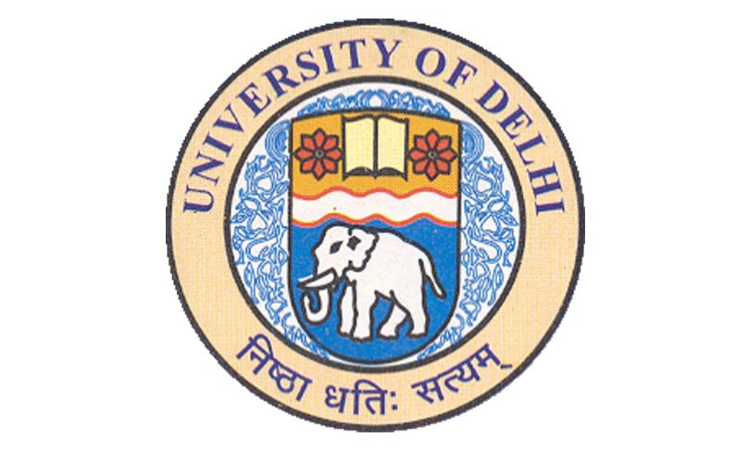It's Dust Everywhere, Says Law Student In His Letter To DPCC As Road In DU Remains Dug Up For Months
akanksha jain
11 May 2019 6:49 PM IST

Last year, the Delhi govt had decided to impose a fine on the road digging agency if it digs up the road for public work but fails to repair it within 15 days and register a case in case of default.
Next Story


